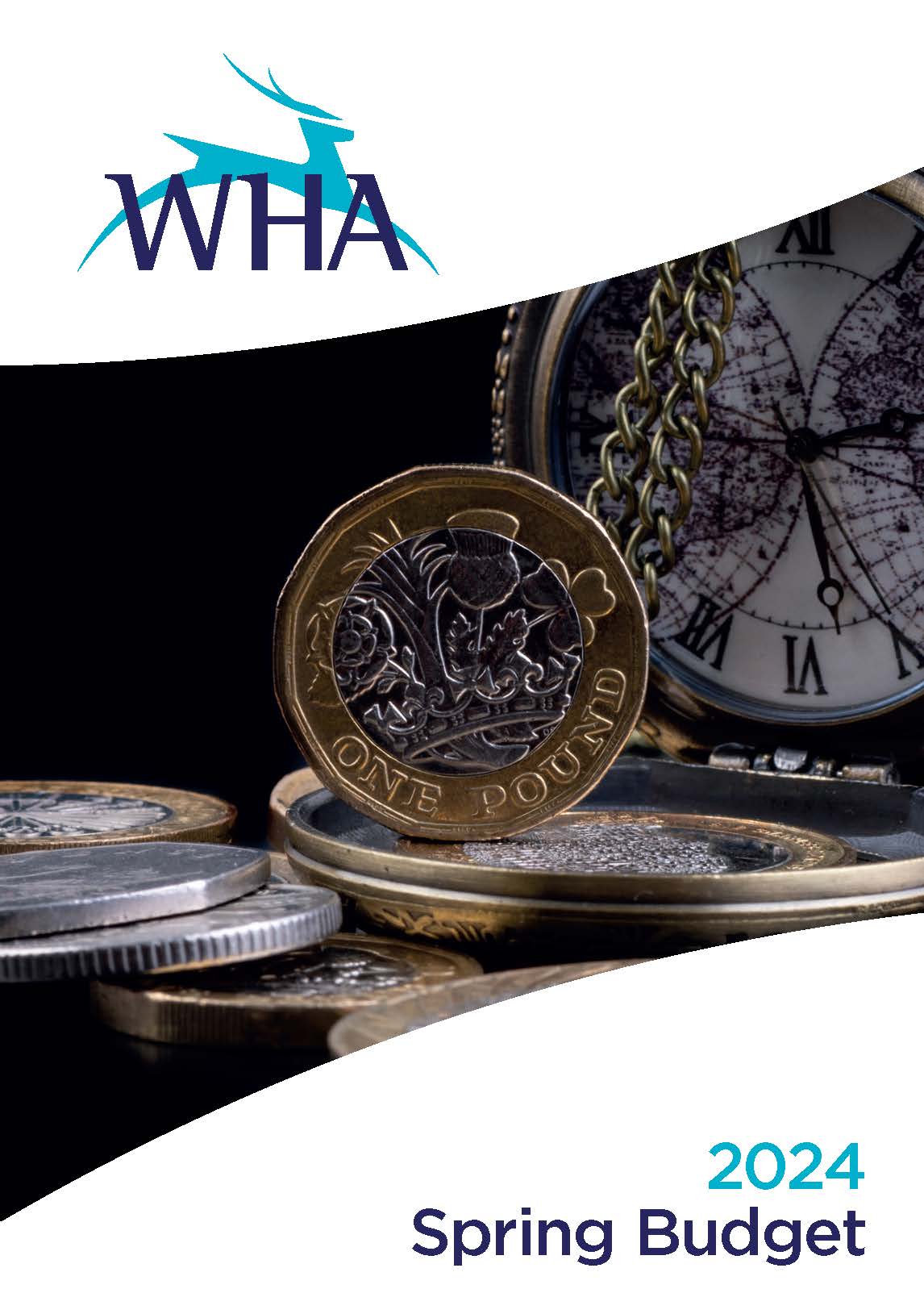Amidst much anticipation Chancellor Jeremy Hunt delivered the Government’s Budget ahead of next year’s likely general election. Speculation that the Chancellor would include some significant announcements proved correct. Citing the positive progress the Government has made, the Chancellor announced that the UK economy is beginning to turn a corner — lower inflation levels being the prime example — enabling tax cuts for workers to be made as part of the Government’s plan to ‘make work pay’.
The headline news is the further reduction to the national insurance contribution rate, which will be cut from 10% to 8% of pay from 6 April 2024 for employees. It is estimated that this 2p cut to national insurance will be worth approximately £450 a year for someone on a £35,000 full-time salary. Self-employed individuals will also reap benefits in this regard; from 6 April 2024 the main rate of Class 4 NICs for the self-employed will now be reduced from 9% to 6%. Combined with the abolition of the requirement to pay Class 2, this will save an average self-employed person on £28,000 approximately £650 annually. Additional to this measure, reforms to the childcare benefit income calculations alongside extended nursery funded placements, will hopefully enable more parents to participate in paid employment.
A welcome announcement for the business sector came in the form of the VAT registration threshold increasing from £85,000 to £90,000 from the start of April; the Government hopes this change will help a vast number of businesses. Jermey Hunt also outlined his plans to allow full expensing to apply to leased assets. Full expensing allows businesses to offset investment in items such as new factory machinery and IT equipment against tax.
Property taxes were also adjusted, with the Chancellor announcing reductions in the higher rate of property capital gains tax from 28% to 24% and the planned abolition of stamp duty relief for those buying more than one dwelling. Chancellor Hunt also confirmed plans to scrap the furnished holiday lets regime.
An overhaul of the tax system prompted another reform announcement — the current non-domiciled tax status structure will be scrapped and replaced by a “modern, simpler and fairer” system from April 2025.
The introduction of a one-off increase in Air Passenger Duty (APD) for those passengers flying in non-economy seats has attracted condemnation from travel industry leaders, with serious concerns raised about how detrimental this tax will be to the UK aviation industry’s ability to be globally competitive. The restrictive view that such non-economy travel options are just for the wealthy, ignores the negative impact this newly implemented travel tax will have for small and medium-sized businesses who have genuine considerations for using a premium class of travel. This increase could also be considered penalising to those travelling for leisure.
WHA have prepared a summary of all the announcements and adjusted thresholds for you to use as a resource. To access this WHA 2024 Spring Budget summary, please click on the thumbnail image below:
As always, the WHA Team are on hand to help you understand how the budget announcements impact both your personal circumstances and business operations, so please feel free to contact us on 020 8878 8383 or via email on info@whitehartassociates.com.










